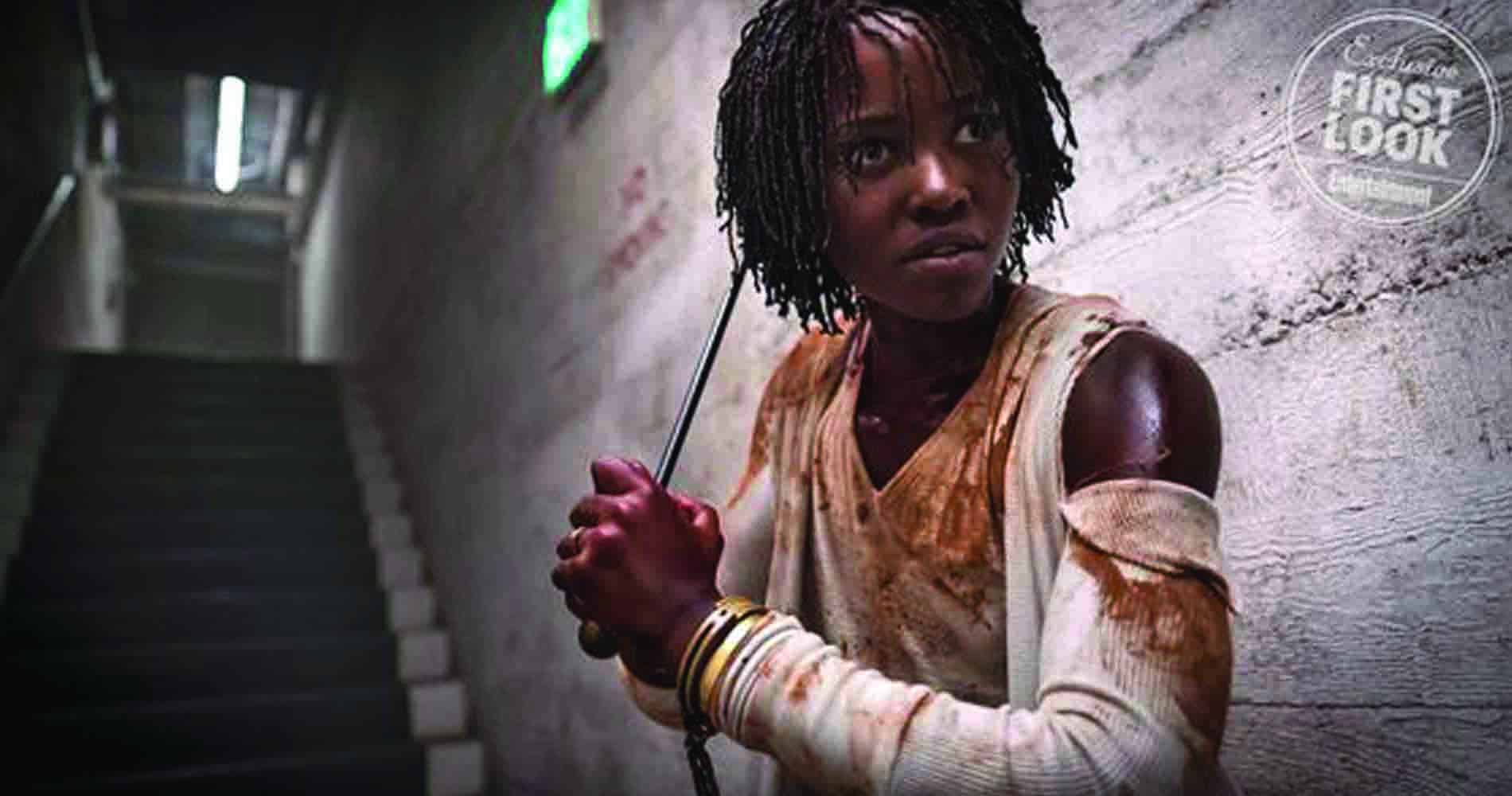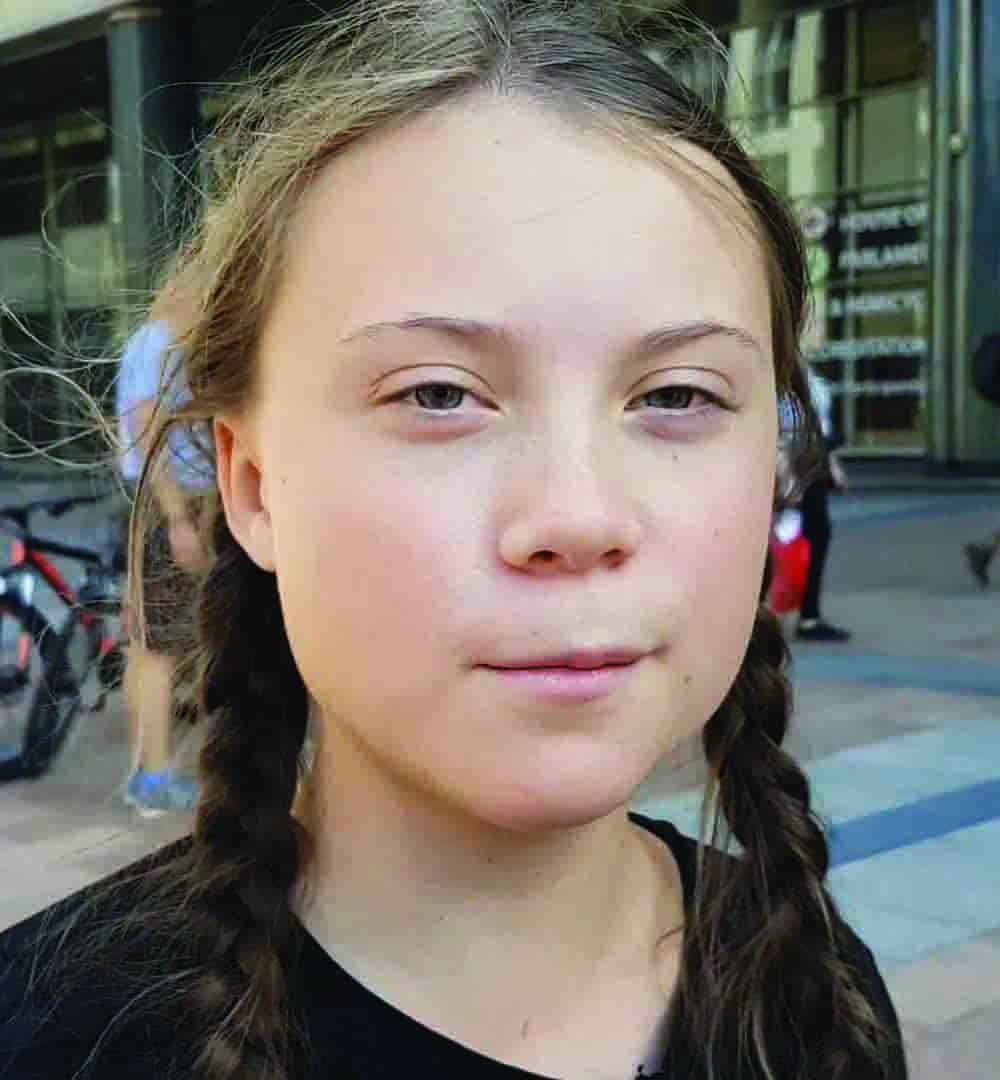How Jordan Peele does horror right

author: marty grande-sherbert | op-ed editor

Universal Studios / Intense to the end.
Get Out and see Us.
Last week, I saw Jordan Peele’s Us in theatres. While it wasn’t a perfect film (some parts of the exposition were less subtle than I would have liked, compared to the incredible buildup at the beginning), it was very, very good. I definitely feel confident at this point describing myself as a fan of Peele’s movies, after seeing only two (and very eagerly awaiting his Twilight Zone reboot), and this is mainly because of the way he approaches horror, my favourite genre and the one that I think is the most commonly misunderstood.
Peele does horror right, like he did in Us and he did even better in Get Out. He gives horror the respect it is due, respect that isn’t given to films that I think most people who say that they dislike horror are familiar with. Most people I know who say they’re not fans of horror movies have the following reasons to provide: I don’t like jump–scares, I’m a baby, I hate gore, I hate pointless violence. And you know what? Me too. It was for the same reasons that I used to avoid horror movies and think that I also hated horror. What was the point of scaring yourself, grossing yourself out, if not just to be masochistic? As time went on, though, I warmed up to the genre, and now it’s basically the only kind of movie I want to see. I owe that newfound appreciation to films like Peele’s, which understand where horror comes from, what it’s about, and what it’s supposed to do.
Horror is essentially tied up with the exploration of the violence of society, and in a much deeper way than just “some guy from the woods coming to kill everyone with a chainsaw.” After you watch a few really good horror movies, you might develop a taste for that kind of thing, but that’s not what people really come together and tell scary stories to talk about. If you’ve ever taken the Ghosts, Monsters and Demons class in the religious studies department here (I can’t shout out that course enough. Sorry to be a nerd; it’s just kind of my jam), you’ll know what I mean. When we talk about monsters, about things that are scary and inspire horror, we’re talking about things that don’t just scare us but that challenge ideas our society has about what’s normal and natural. We’re scared not just because we’re seeing something gross or getting startled, but because our comfortable views are being challenged, and we’re seeing a dark underbelly that actually exists in the real world.
In other words, horror is the scariest when it’s real, when we could or already have actually encountered the monsters on the screen. Peele addressed this in Get Out by making a monster out of the legacy of slavery, out of the dehumanization of Black Americans, by strikingly drawing parallels between the protagonist and a deer that is being hunted. This is horrifying not just because people are afraid of death or hypnotism or mind control – it’s horrifying because these things really happened and are happening to black people, and because Peele is dragging them out of the darkness and forcing us to look at them in all their unpleasantness. In Us, he does the same thing again; he asks us, what will we do when the people who suffer when we profit come to take what they deserve? How can we justify a reality in which two people with the same right to a productive life live in vastly unequal conditions? How can we possibly be an ally to those less fortunate than us when their liberation is inevitably tied up with our downfall?
People who watch Peele’s movies and evaluate them based on how scary they were (meaning, how many times they jumped), are in my opinion missing the point of horror as a whole. It isn’t about being scared on a surface level, it isn’t about getting startled and staying up a few nights in a row after that. It’s about watching a movie that asks you questions and shows you realities so disturbing that you are up late thinking about them for the rest of your life, that you’re forced to reevaluate what you take for granted about how society functions. This is why it’s so misguided to complain about the representation of marginalized people in horror films, or the social dimension of horror. Horror has always belonged to the marginalized, and the potential to dive into that is still marvelously huge. I look forward to more of Peele’s work, and even more to the work of other creators who because of his success will have their own contributions to make.









